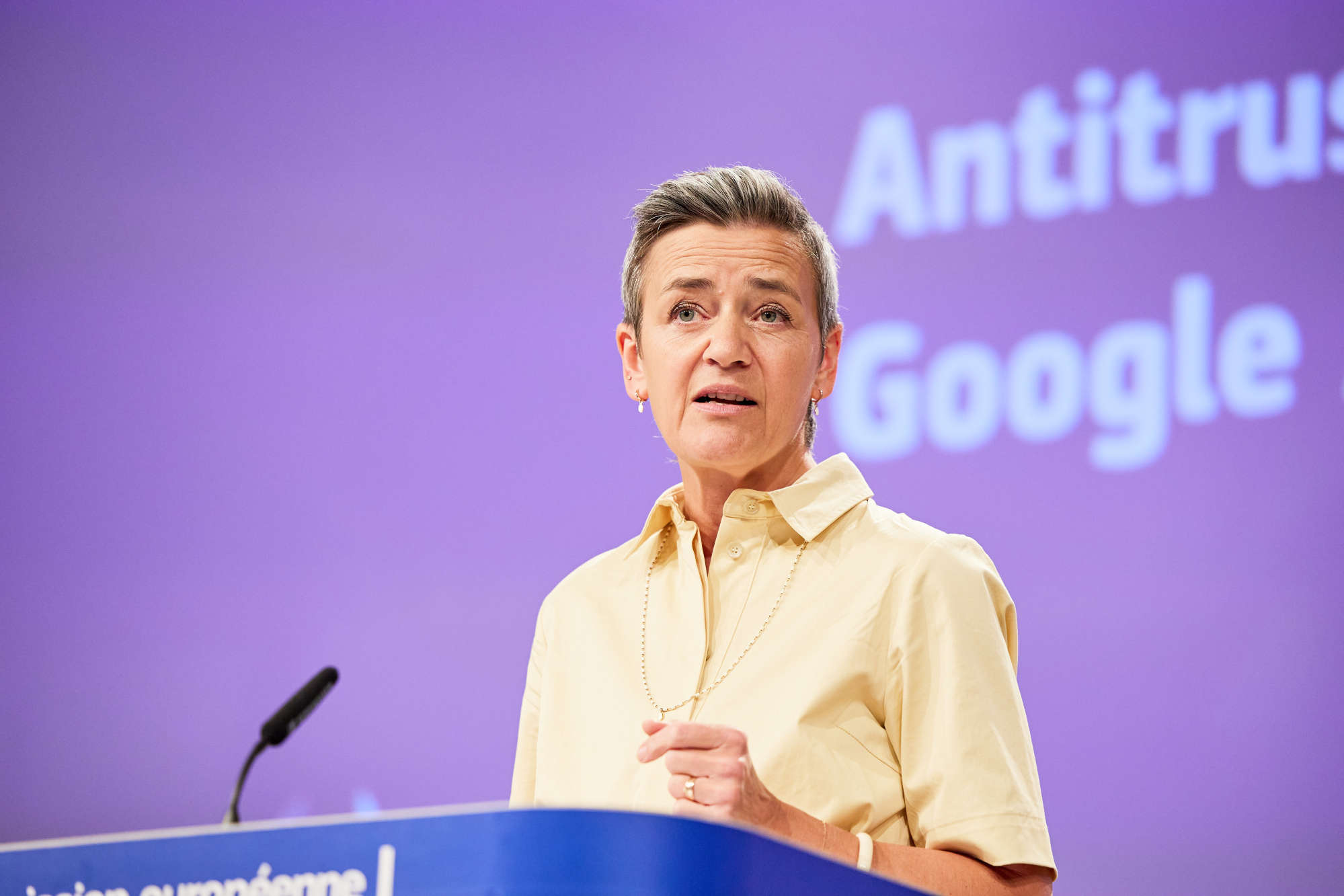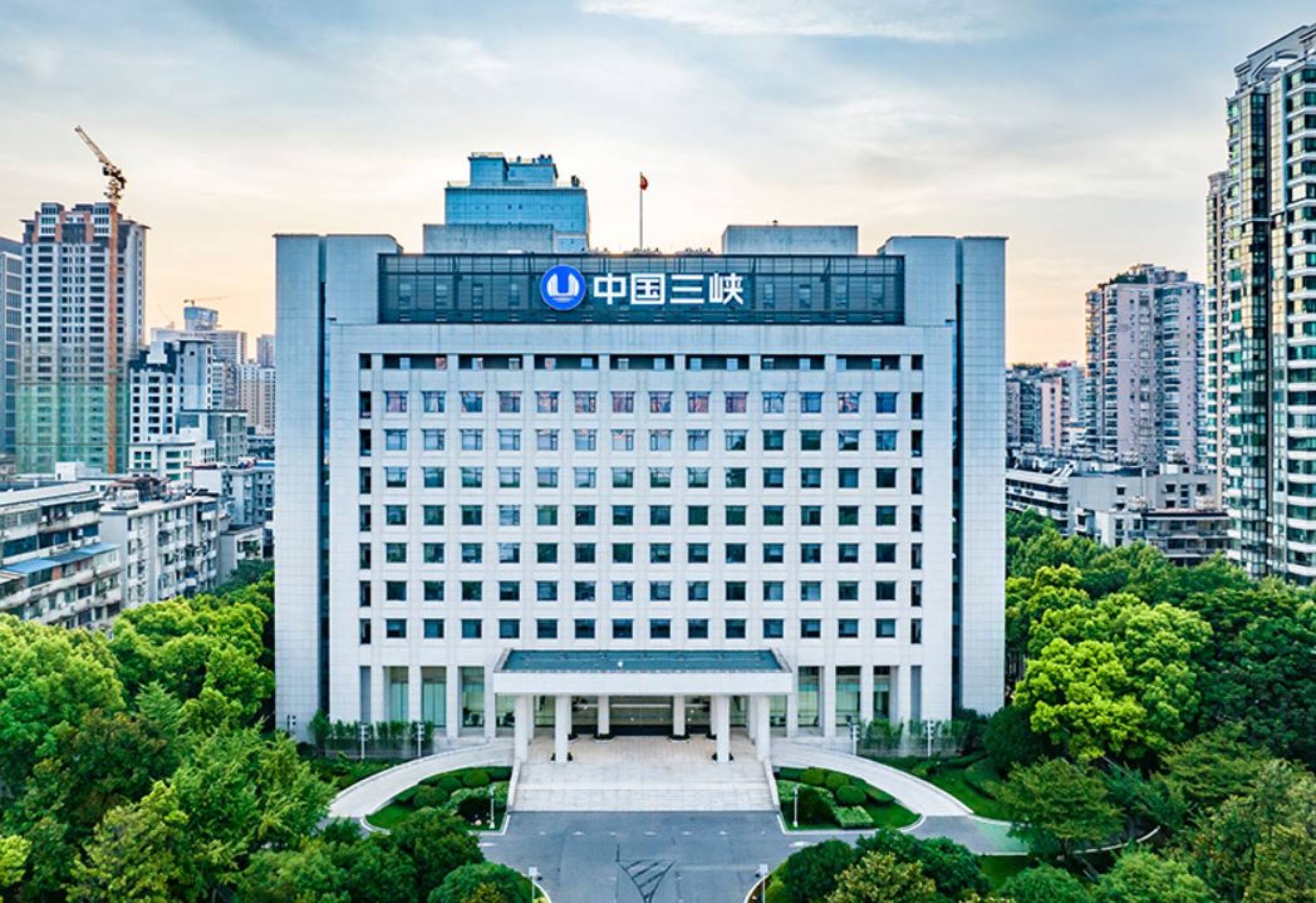One company in particular is potentially embarrassing for von der Leyen, who has called for Europe to “de-risk” its ties with China.
China Three Gorges (CTG), a state-owned enterprise, is the largest shareholder in Energias de Portugal SA (EDP) – which is among those companies that will advise the European Commission on “implementation of the Global Gateway strategy and scaling up of Global Gateway flagship” projects.
As EDP’s biggest shareholder, CTG – which is controlled by the Chinese government’s State Assets Supervision and Administration Commission (SASAC) – owns its largest voting rights.
SASAC “is an institution that is responsible for carrying out the obligations assigned by the Chinese Communist Party’s Central Committee”, according to Datenna, a Dutch intelligence firm.
Neither the EU nor EDP immediately responded to requests for comment.
Senior European officials have previously warned against Chinese firms’ involvement in Global Gateway. In June, the commission’s powerful former digital and competition chief Margrethe Vestager said it would be a “mistake” for them to win any contracts, Devex, a global development news site, reported.
On the same day, Vestager announced she would leave her post to run for the presidency of the European Investment Bank (EIB), one of Global Gateway’s chief financial backers.
The EIB, Devex reported, was warned against financing projects involving Chinese telecoms companies in 2020.

EDP was among 60 members and observers on the Global Gateway business advisory group, unveiled “during a high-level side event on EU Global Gateway, which took place in the margin of the Sustainable Development Goals Summit in New York”, according to the EU news release last month.
The commission opened the process to applicants in March, with firms and associations seeking to join the board given a deadline in May.
A second company, the French satellite company Eutelsat, also retains Chinese investment.
As recently as last month, China’s sovereign fund China Investment Corp was Eutelsat’s fourth-largest investor, according to financial news portal Market Screener. It has since diluted its holdings but remains the company’s eight-largest investor.
Influence of Chinese companies in Global Gateway … totally runs against our ambition to de-risk from China
Still, it is the EDP case that will raise eyebrows the farthest.
CTG took a 22 per cent stake in EDP during the Portuguese government’s fire-sale of public assets in 2011, in the aftermath of the global financial crisis. According to Market Screener, it currently holds a 19.98 per cent stake, more than three times bigger than the second-largest shareholder.
Its holding hit the news in 2018 when it tried to take full control of the company, in a deal that would have cost CTG €9.1 billion (US$6.46 billion).
According to Datenna, the bid was rejected by other shareholders following “emerging suspicion among various government departments and organisations regarding the scale of Chinese investments in Europe in key industries”.
On Tuesday, Hilde Vautmans, a Belgian member of the European Parliament from the centrist Renew Group, said that “influence of Chinese companies in Global Gateway is extremely concerning and totally runs against our ambition to de-risk from China”.
“We can no longer be naive, because we know that Chinese companies take orders from and share information with China’s Communist regime,” she added.
Miriam Lexmann, a centre-right lawmaker with the European People’s Party, said the EDP case was “perplexing, because Global Gateway was established to address Chinese influence, not further it”.
“The purpose of Global Gateway is to provide a sustainable alternative to Chinese corrosive BRI-linked capital,” she said, referring to China’s Belt and Road Initiative infrastructure programme.
The news comes just ahead of the EU’s first Global Gateway forum in Brussels, set for Wednesday and Thursday.
According to media reports, political leaders from 16 developing nations will attend: Armenia, Comoros, Namibia, Mauritania, Senegal, Somalia, Albania, Bangladesh, Cabo Verde, the Democratic Republic of the Congo, Egypt, Georgia, Moldova, Morocco, Rwanda and Serbia.

China is not invited, and the EU has spurned Beijing’s advances to partner on projects.
According to an article on the Chinese foreign ministry website, top envoy Wang Yi last week reiterated that China’s BRI “can be aligned with the Global Gateway strategy proposed by the European Union, so as to leverage their respective strengths and form synergy to help developing countries speed up infrastructure development”.
At an event in Brussels last month, Fu Cong, Beijing’s ambassador to the EU, said he had “personally … met with the special envoy of the EU on Central Asia, and she is very interested in having joint projects in Central Asian countries”.
However the special envoy’s office denied that such an exchange took place. An EU source said the Global Gateway “is based on the key principles of trusted connectivity: being sustainable, comprehensive, rules-based, human-centric and geographically adapted”.
Cooperation with the Belt and Road Initiative “is not excluded, but should be based on these principles”, the source added.

